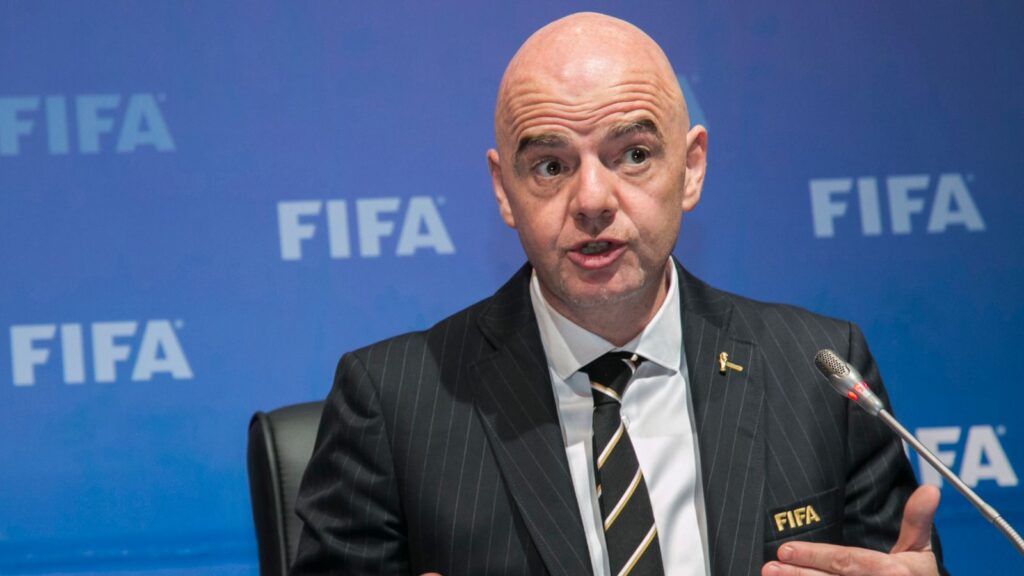A decade after the arrests of seven senior officials on corruption charges, FIFA is widely regarded by many figures within the world of football as being more poorly governed now than it was ten years ago. This criticism comes amid calls from a coalition of non-governmental organizations, legal experts, academics, and supporter groups for FIFA to urgently address fundamental structural flaws at the heart of its governance.
The anniversary of the arrests at the Baur au Lac hotel in Geneva has prompted a renewed focus on FIFA’s internal challenges, particularly concerning the problematic power dynamics between the organization’s executive branch and its member associations. While FIFA redistributes a significant portion of its revenue to these associations and confederations, there is little clear evidence that this money has primarily contributed to the development of the sport. Instead, the redistribution appears largely aimed at securing the loyalty and allegiance of member associations. This financial model, critics argue, discourages ethical conduct and impedes meaningful internal reform.
When Gianni Infantino was elected FIFA president following the 2015 arrests and the resignation of Sepp Blatter, he promised widespread reforms. “We enter now a new era,” he declared in 2016, pledging to restore FIFA’s image and ensure transparency and satisfaction among stakeholders. However, nearly ten years on, discontent among various stakeholders and observers has grown over how FIFA is managed.
The criticism is pointed: the reforms enacted have failed to produce responsible governance, and the organization is structurally ill-equipped to oversee world football effectively. This perspective is highlighted by concerns around FIFA’s recent decisions, such as the scheduling and impact of the Club World Cup on the global fixture calendar, the controversial awarding of the 2034 World Cup to Saudi Arabia despite widespread human rights concerns, and the overall lack of transparency in executive decision-making.
These issues illustrate a broader failure in the reform agenda initiated under Infantino’s leadership. The ongoing frustration among experts and football communities points to a deeply dysfunctional governance model that has yet to be adequately addressed. The culture within FIFA is criticized as unchanged, with problematic behaviors continuing beneath the surface despite new policies and procedures.
One whistleblower, formerly involved in exposing corruption within FIFA, emphasized that while new processes have been introduced, the underlying culture remains resistant to genuine reform. She noted that culture ultimately outweighs process and that without a fundamental shift in values, true reform cannot be achieved. The persistent issues suggest that FIFA’s governance problems run deeper than mere structural or procedural flaws.
FIFA’s response highlights cooperation with US authorities following the 2015 scandal, citing this collaboration as a turning point that transformed the organization from one previously viewed as toxic to a more respected and trusted global sports governing body. FIFA points to internal reforms in financial governance, positive evaluations from external oversight bodies, and a significant increase in investment in football development worldwide as evidence of progress made over the past decade.
Despite these claims, skepticism remains among many within the football community. The disconnect between FIFA’s stated goals and the perception of its governance raises serious questions about the effectiveness of its reforms. Critics argue that the organization’s focus on maintaining member association loyalty through financial redistribution undermines accountability and ethical leadership.
In summary, while FIFA marks ten years since a major corruption scandal, the promise of a new era of governance and transparency has yet to be realized. Structural flaws, questionable decision-making, and a culture resistant to change continue to plague the world’s football governing body. For many observers, FIFA’s governance today is worse than it was a decade ago, with urgent reform needed to restore trust and integrity in the sport’s global administration.

